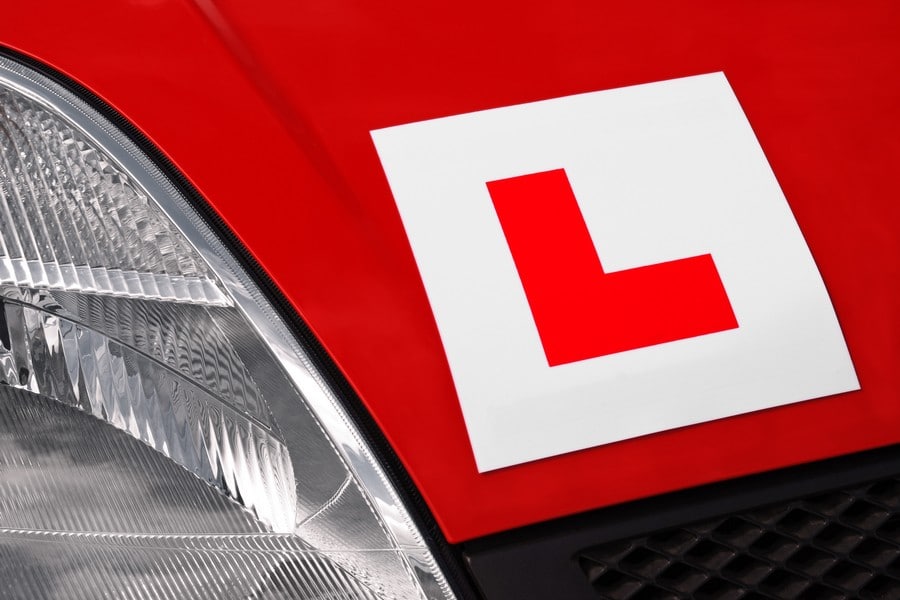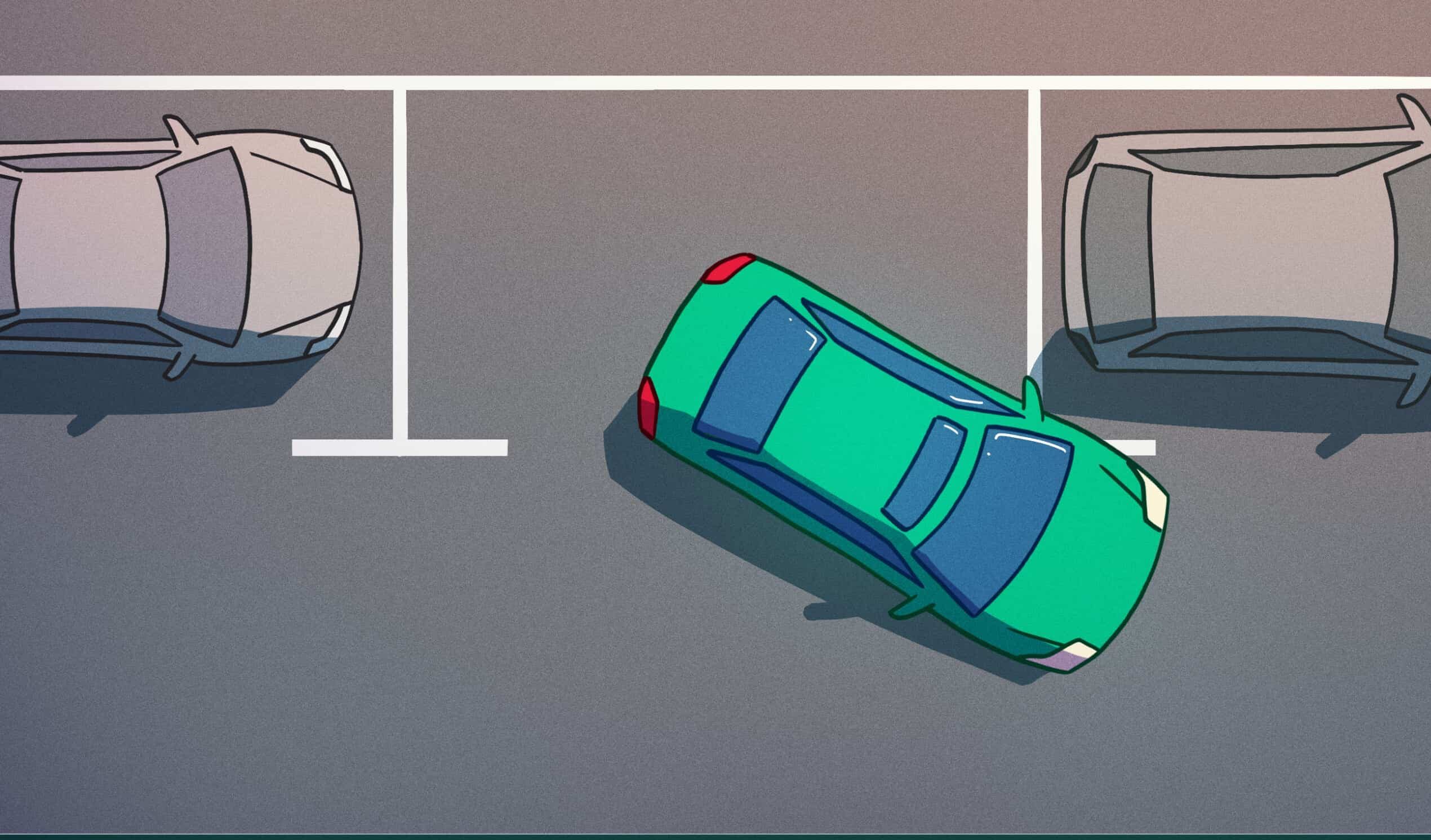
Tyre tread depth is essential for safety on the roads. The car legal limit for minimum depth of the tread on your tyres is 1.6 millimetres, across the central ¾ of the tread around the complete circumference of the tyre. It is recommended that you replace your car tyres before the legal limit is reached, often at 3 millimetres. Failing to meet the legal limit can result in a fine of up to £2,500 and three penalty points for each tyre found to be below the legal minimum. Regularly check your tyres for any defects and use a tyre gauge to check the tread depth. Smart Drive UK is committed to providing high-quality training and support to help you stay safe on the roads.
Are Your Tyres Fit for Purpose How to Check Tread Wear Indicators and Ensure Safety
Are your tyres fit for purpose? It’s essential to check the tread wear indicators and ensure your tyres are safe. The legal minimum tread depth for tyres varies depending on the type of vehicle. Tread wear indicators are built into the base of the tyre’s main grooves. To check your tyres meet the legal minimum tread depth, use a tyre gauge. It’s recommended to replace your tyres before the tread reaches the minimum limit. Aggressive driving, excessive load and incorrect alignment can increase tyre wear. Driving on tyres with a tread below the legal limit can be illegal and dangerous. Make sure you check your tyres regularly and stay safe on the road.
Same Tyre Construction on Each Axle What Is Permissible Under Law
It’s important to understand the law when it comes to tyre construction. On each axle, the same type of tyre must be fitted. Mixing brands and patterns of the same construction type is permissible, depending on the vehicle type and manufacturer’s recommendation. Cross-ply tyres must not be fitted to the rear axle with radial or bias belted tyres on the front axle. Failing to adhere to this law could lead to a fine of up to £2,500 per tyre, as well as 3 points on your licence. So, make sure you check your tyres regularly to ensure they are in good condition and fit for purpose.
Making Sure Your Tyres are Ready, Regular Checks Could Save You Money
Regularly checking your car tyres is essential to ensure your safety on the road. Tyres should be checked for signs of wear and damage, such as lumps, bumps, bulges and cuts. These can indicate structural damage and can be dangerous. Look out for cuts or tears that are bigger than 25mm or 10% of the width of the tyre, whichever is greater, and which is deep enough to reach the ply or cord. If you spot any of these issues, it’s important to get your tyres checked and replaced if necessary. Also check your tyres for any foreign objects that may have become embedded in the tyre. If you find any of these, it’s important to have the tyre removed and replaced. If you’re not sure, it’s best to get a professional to check it for you. Additionally, it is important to check the tyre pressure to make sure it is set to the manufacturer’s recommendations. Doing this can help you save money on fuel and reduce your impact on the environment. Regular checks of your tyres can help keep you safe on the road and save you money in the long run.
Tyre Pressure Understand Vehicle Tyre Manufacturer Recommendations
Tyre pressure is essential for safety and performance. It must be set to the manufacturer’s recommendations for your vehicle, as well as the tyre manufacturer’s specifications. A regular check of your car tyres can help you avoid fines and penalties. Make sure your tyres are inflated to the correct pressure before setting out on any journey. Incorrect inflation can lead to premature tyre wear, poor handling, and increased fuel consumption. Tyres that are over or underinflated can also increase the risk of a blowout. Smart Drive UK is committed to helping you stay safe on the road and understand the importance of tyre pressure. Our team of experts can help you understand the manufacturer and tyre manufacturer’s recommendations and ensure you are driving safely and legally.



